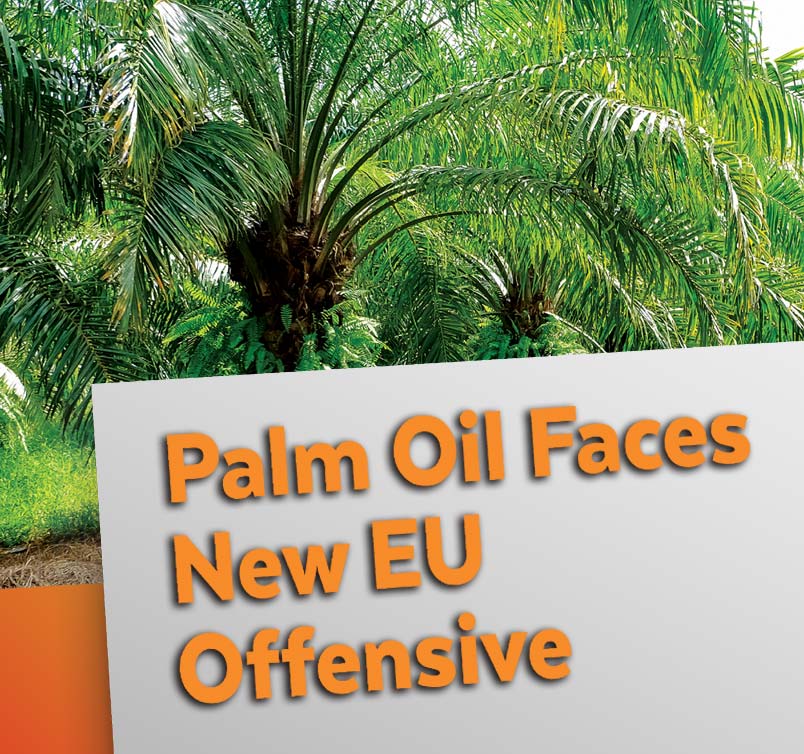



Eco-link to import duties
A key element of the Draft Report is the issue of market access of palm oil. Recommendation No. 10 calls on the EC to increase import duties on palm oil that is directly linked to deforestation and that does not reflect the real costs associated with the environmental burden; and notes that this instrument will require the involvement of certification schemes.
This must be analysed to determine its consequences for trade in palm oil. In today’s globalised world, the issue of tariffs and import duties is delicate and highly regulated through multilateral (World Trade Organisation rules), bilateral (preferential FTAs) and unilateral (such as the Generalised System of Preferences, GSP) commitments. The commitments define the potential scope of measures affecting duties levied at importation.
EU duties on palm oil depend on the specific product being imported:

When dealing with import duties on palm oil, it must also be considered that the EU is negotiating preferential FTAs with a number of countries including Indonesia and Malaysia, the world’s biggest palm oil producers.
In the negotiations, the issue of import duties and, more generally, palm oil and sustainability, will undoubtedly play a significant role. Therefore, the recommendation of the European Parliament’s Committee on International Trade to exclude palm oil from such negotiations appears highly misplaced.
At the same time, analysis of the proposed recommendation emphasises the impracticalities and its likely illegality under WTO rules. It aims at increasing import duties only for palm oil that is ‘directly linked to deforestation and that does not reflect the real costs associated with the environmental burden’.
That this approach might pose a problem is reflected by the second element, noting that this would require ‘the involvement of certification schemes’. What exactly is palm oil that is ‘directly linked to deforestation’? How are the ‘real costs associated with the environmental burden’ to be determined and taken into account?
Under WTO rules, the EU may only increase import duties on a MFN basis if its bound rates allow this. If there is no margin for manoeuvre – i.e. if the import rates are bound at 0% or if the applied rates are already as high as the bound rates – the EU can only increase the import duties through complex tariff renegotiations under the GATT or by breaking WTO rules, which is not really an option.
The Draft Report further calls on the EC ‘to support the development of multilateral certification schemes that will guarantee that the palm oil certified has not led to deforestation or the destruction of peatlands or other ecologically valuable habitats; has not given rise to social problems or conflicts; [and] enables small-scale [oil] palm cultivators to be included in the certification system and ensures that they receive their fair share of profits’.